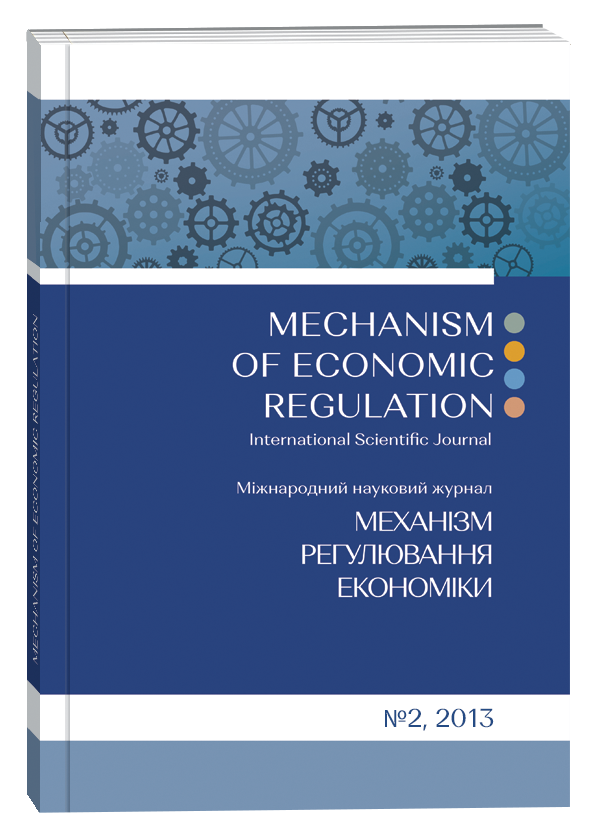GREEN ECONOMY: THE CONTRIBUTION OF CORPORATE SOCIAL RESPONSIBILITY
Abstract
“The future we want”, the main document summarizing the action areas advocated by the Rio+20 conference (Rio de Janeiro, Brazil, June 20-22nd), advocates “green economy” as a main instrument to eradicate poverty, while maintaining the healthy functioning of the environment. “Green economy” is a reply to global capitalism and the excesses of its elite practitioners, as they became manifest during the recent economic crisis. It roots in the observation of the parallels between the world’s ecological crisis and the financial crisis. Both are products of a failed economic and social system. The green economy model holds the potential to bring together the needs for economic security and environmental protection, and to integrate an array of reforms in policy initiatives, regulatory actions, business standards and personal lifestyle behaviors. A classical contribution of the private business sector to sustainable development is corporate social responsibility (CSR). The concept dovetails in the doctrine that a company is not only responsible for a positive economic performance, but also has to take care about the environmental, social and ethical aspects of its activities. Companies have to transparently report on these activities in their sustainability or CSR report. One of the main external advantages for CSR conscientious companies is that they are included by banks in ethical and sustainability portfolios. These funds, although originating in the US Methodist and Quakers traditions, are among the fast growing sections of the products offered by European banks. The CSR system is criticized by developing countries and NGOs for its improper use of green economy products (“green washing”). This paper shows that a “green economy” will be a necessary part of a more sustainable society in the future. CSR is a useful instrument contributing to this evolution. Optioning for CSR should be based on ethical considerations and the conviction that “going green” is important for the future of industry and services, rather than on the expectation of short term monetary profitability. More research on assessment methods and more coherence in the practical implementation of CSR are mandatory.
References
Bénabou, R. and Tirole J. (2010), “Individual and corporate social responsibility,” Economica, 77, 1–19.
Daly H. and Cobb J. (1989), For the common good: redirecting the economy towards community, the environment and a sustainable future, Boston, Ma, Beacon Press.
Dodds, F., Strauss M. and Strong M. (2011), Only one earth: the long road via Rio towards sustainable development, London, Earthscan.
Ducchi, D. (2013), Personal communication.
EC – European Commission (2010), Corporate social responsibility (CSR), http://ec.europa.eu/enterprise/policies/sustainable-business/corporate-socialresponsibility/index_en.htm. Last consulted on December 28th, 2012.
EC – European Commission (2011), Green paper: Promoting a European framework for Corporate Social Responsibility. COM (2011) 366 final, 18.7.2011. Commission of the European Communities. Brussels, Belgium.
Febelin – Social responsibility report of the Belgian financial sector (2012), A road to a more sustainable and vigorous financial sector, http://www.bankingforsociety.be/sites/default/files/flipbookEN/files/assets/common/downloads/publication.pdf. (Last consulted on January 12th, 2013).
Hussain, S. S. (1999), “The ethics of “going green”: the corporate social responsibility debate,” Business Strategy and the Environment, 8, 203–210.
Pearce, D. W., Markandya A. and Barbier, E.B. (1989), Blueprint for a green economy, London, Earthscan.
Scholtes, B. (2009), “Corporate social responsibility in the international banking industry,” Journal of Business Ethics, 86, 159–175.
Social Investment Forum (2006), 2006 report on socially responsible investing funds in the United States, Washington DCm, SIF.
UN – United Nations (2012), The future we want. A/CONF.216/L.1, New York, United Nations.
UN – United Nations (2002), Plan of implementation of the World Summit on Sustainable Development. A/CONF.199/L.1, New York, United Nations.
UN – United Nations (1992), Agenda 21, New York, United Nations.
UNEP – United Nations Environmental Program (2011), Towards a green economy: Pathways to sustainable development and poverty eradication. Nairobi, Kenya, http://www.unep.org/greeneconomy/GreenEconomyReport/tabid/1375/Default.aspx. (Last consulted on December 30th, 2012.)
WCED – World Commission on Environment and Development (1987), Our common future, Oxford, Oxford University Press.
Weber, M. (2008), “The business case for corporate social responsibility: a company level measurement approach for CSR,” European Management Journal, 26, 247–261.


